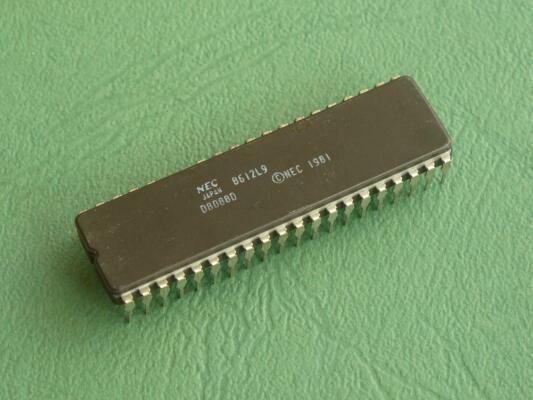br44
Experienced Member
Hello
I have been waffling back and forth and I have decided to change out the processor on my IBM 5150 to something close to what it would have had out of the factory. Currently the computer has a 286 speedup board that I want to remove (and sell to a lucky bidder).
I am not entirely sure what CPU to put in there instead. I do not have to have it exact I just want to get close.
Looking on ebay I come across three options
AMD D8088
Intel P8088
Intel D8088
There is not a whole lot of price difference between them so which would be best or does it even matter? Will any of those processors NOT work? Will I see any performance difference between them? I know there is a difference between the P and the D intel chips... something about plastic vs ceramic? Any suggestions I haven't mentioned yet?
I know I will be losing some performance with the "downgrade"... but in all honesty if I am going to run software that NEEDS that speed I would be better off getting a real dedicated IBM AT computer instead of trying to push this poor 5150.
Thanks
I have been waffling back and forth and I have decided to change out the processor on my IBM 5150 to something close to what it would have had out of the factory. Currently the computer has a 286 speedup board that I want to remove (and sell to a lucky bidder).
I am not entirely sure what CPU to put in there instead. I do not have to have it exact I just want to get close.
Looking on ebay I come across three options
AMD D8088
Intel P8088
Intel D8088
There is not a whole lot of price difference between them so which would be best or does it even matter? Will any of those processors NOT work? Will I see any performance difference between them? I know there is a difference between the P and the D intel chips... something about plastic vs ceramic? Any suggestions I haven't mentioned yet?
I know I will be losing some performance with the "downgrade"... but in all honesty if I am going to run software that NEEDS that speed I would be better off getting a real dedicated IBM AT computer instead of trying to push this poor 5150.
Thanks

